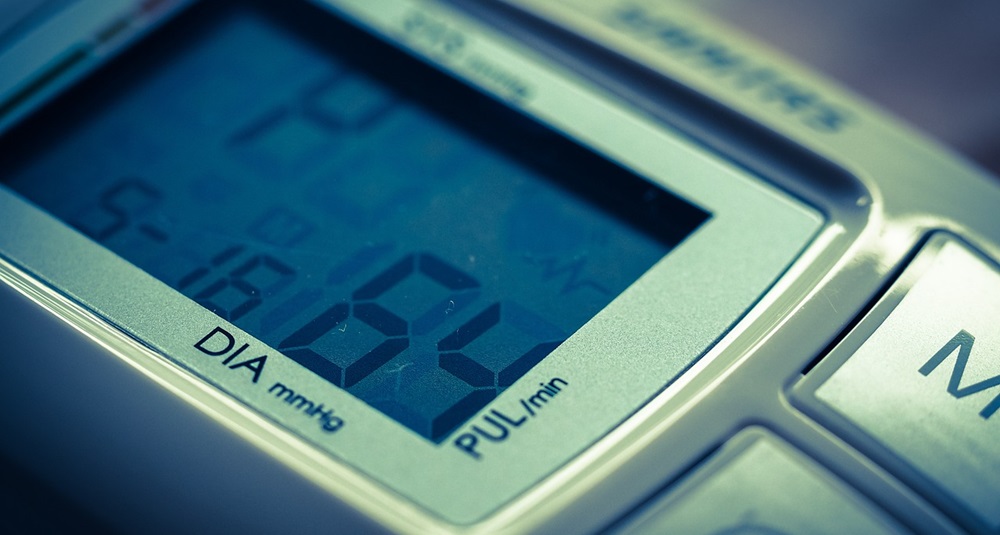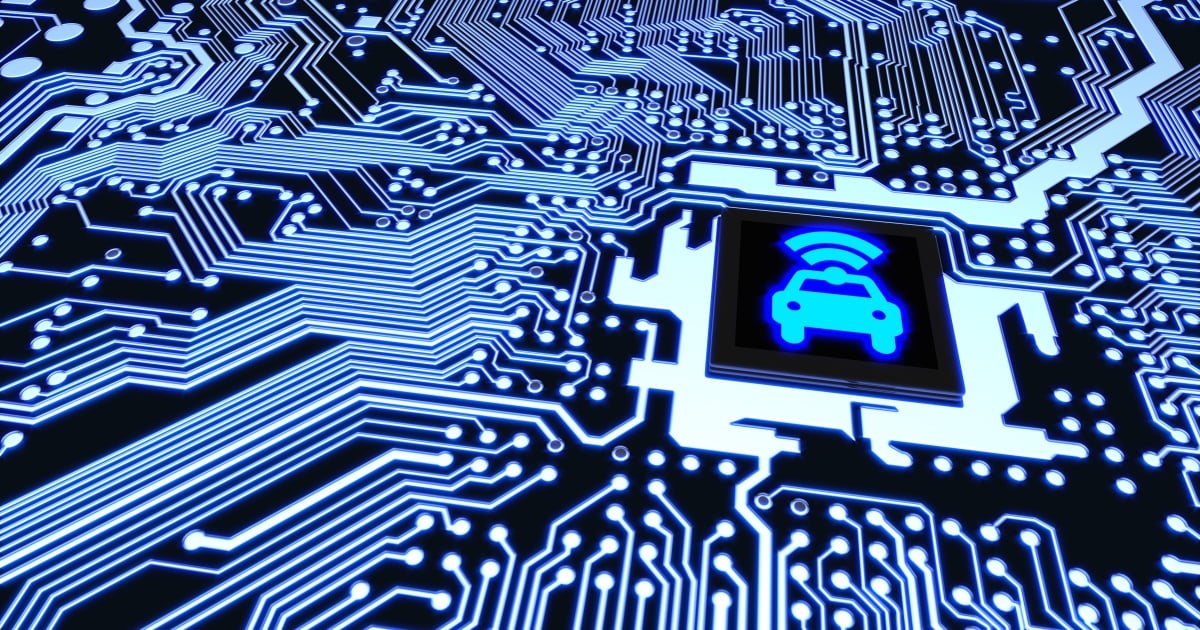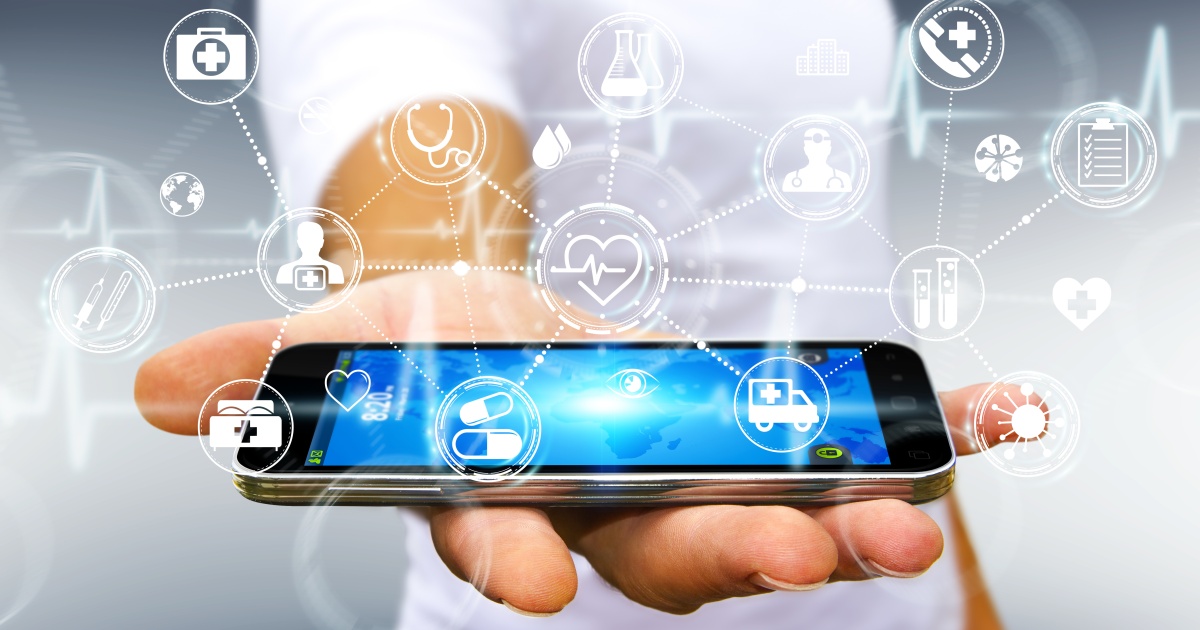
The perceptible shift from reactive healthcare to proactive patient care is a direct result of the technological advances in sensor technologies and Internet of Medical Things (IoMT). Intelligent sensors are hastening the creation of a fully connected ecosystem, opening up the possibility of remote or home healthcare becoming a mainstream healthcare model.
Devices such as wearables or e-skin sensors, which aid chronic disease management, and further improvements in the size, sensitivity, selectivity, and communications capability of sensors are giving a huge boost to real-time remote monitoring. This escalating demand for remote patient monitoring, along with the introduction of advanced smartphones, mobile applications, fitness devices, and advanced hospital infrastructure, are setting the stage for establishing smart hospitals all over the world.
Frost & Sullivan’s recent report, “Internet of Medical Things Enabling Hospitals of the Future,” has studied the significance of IoMT in the healthcare sector by presenting key technology trends and enabling technologies, and by analyzing some major factors influencing technology development and adoption.
“Sensors, Artificial Intelligence (AI), Big Data analytics, and blockchain are vital technologies for IoMT as they provide multiple benefits to patients and facilities alike,” said Varun Babu, Senior Research Analyst, TechVision. “For instance, they help with the delivery of targeted and personalized medicine while simultaneously ensuring seamless communication and high productivity within smart hospitals.”
For further information on the report, click here.
Precision medicine made possible through IoMT offers caregivers opportunities to develop unique therapies tailored to the medical needs and attributes of each individual. Moreover, as IoMT-based medical systems are built on a feedback loop, the system automatically repeats feedback for better patient results.
Several technologies will have important roles to play in enabling smart hospitals, according to the report. Some of these identified by the report include:
- Big Data analytics: By using analytics to gain actionable insights, smart hospitals can employ digital prescriptive maintenance (DPM) of medical equipment. Big Data analytics can analyze electronic health records (EHRs) and hospital networks, control data for public health research, and reduce hospital readmissions.
- Blockchain: Users of blockchain solutions can create modern models for managing and sharing medical records and patient health patterns within specified populations/communities. A blockchain network will bring together insurance companies, hospitals, and patients for hassle-free and well-integrated payments.
- AI: This technology collects the massive amounts of data generated by IoT to make inferences and predict medical diagnostics based on complex analysis algorithms. With the combination of IoT (for periodic control) and AI (for analysis process), connected healthcare monitoring devices will become “intelligent” over time.
“The main objective of IoMT is to eliminate unnecessary information within the medical system so that doctors can focus on diagnoses and treatment,” said Babu. “Since it is an emerging technology, technology developers need to offer standardized testing protocols so that they can convince hospitals of their safety and efficacy and make the most of their massive potential.”
This report is part of Frost & Sullivan’s global Sensors and Instrumentation Growth Partnership Service program.
Ken Briodagh is a writer and editor with more than a decade of experience under his belt. He is in love with technology and if he had his druthers would beta test everything from shoe phones to flying cars.Edited by
Ken Briodagh





